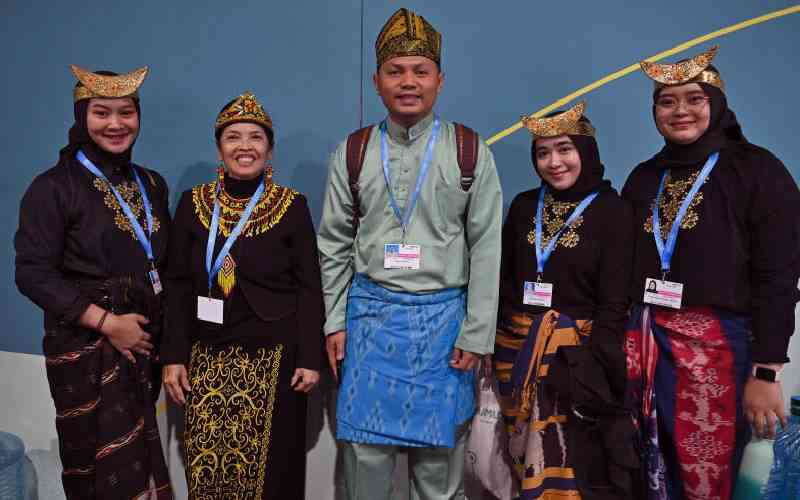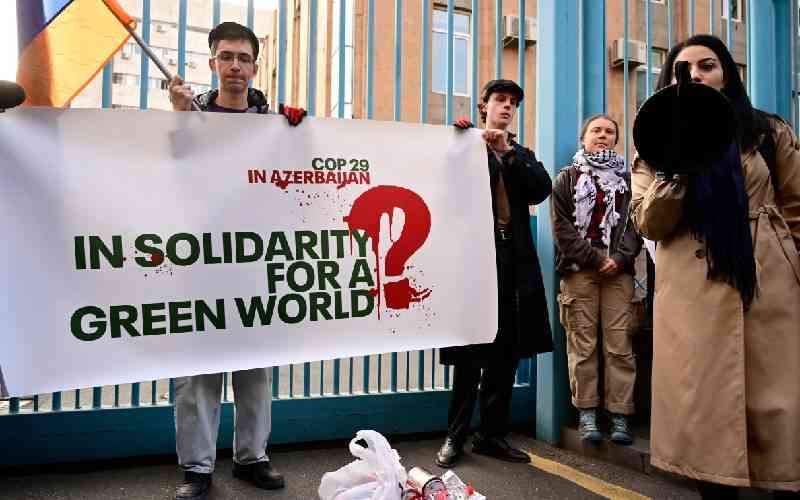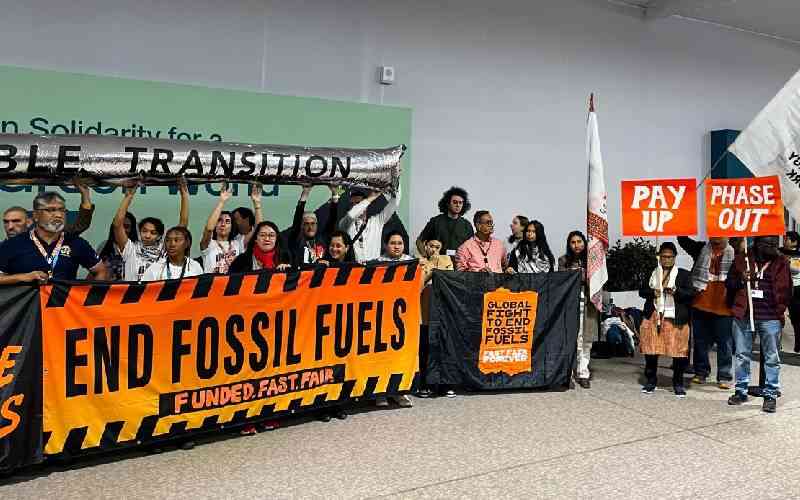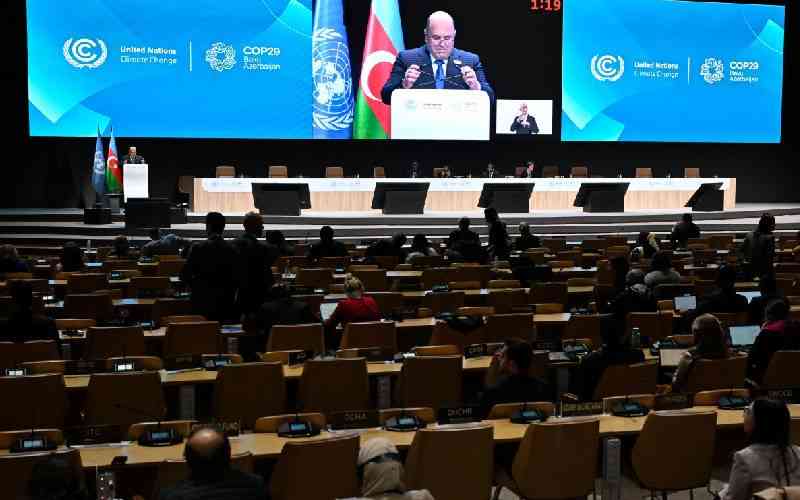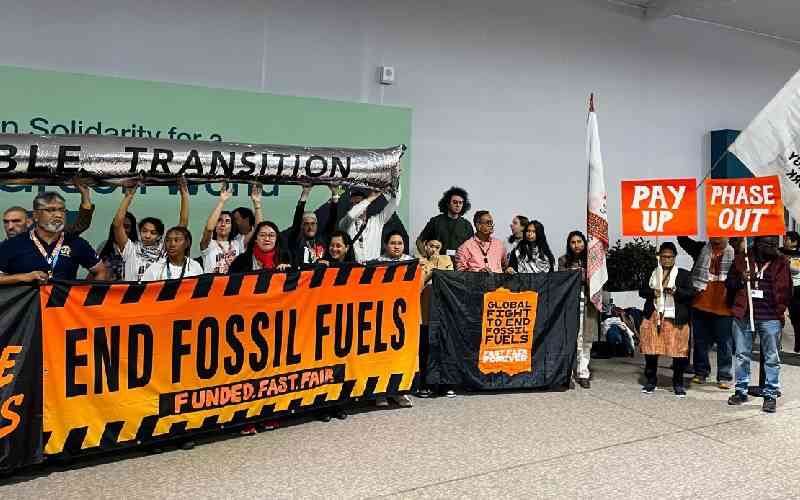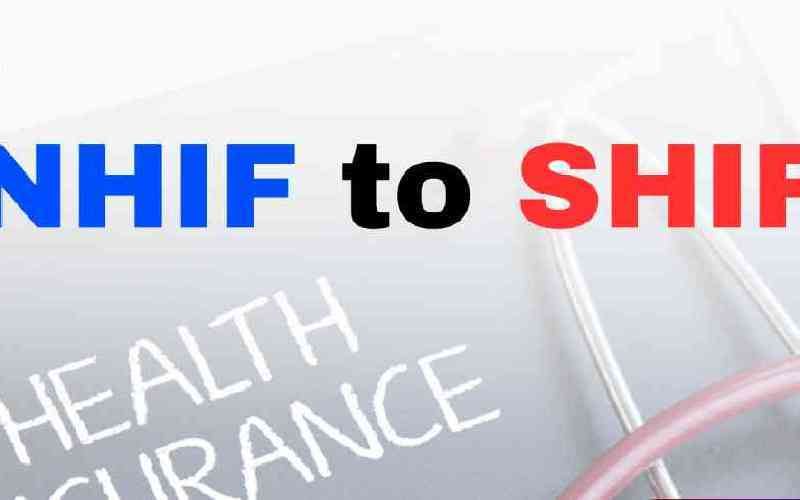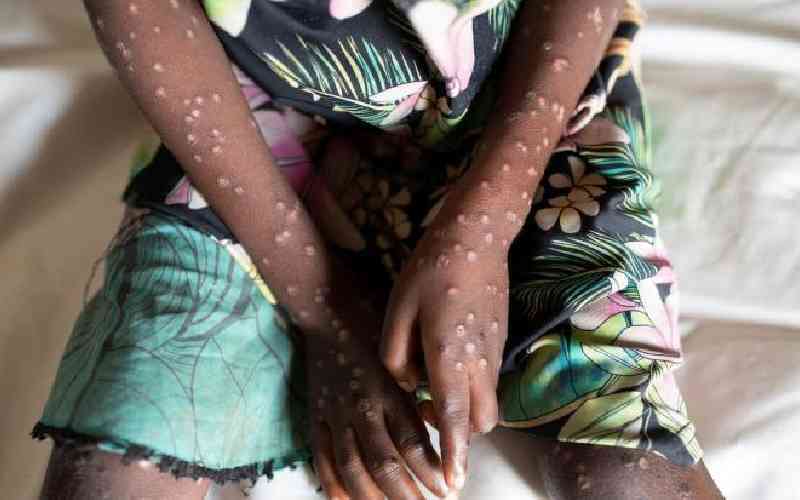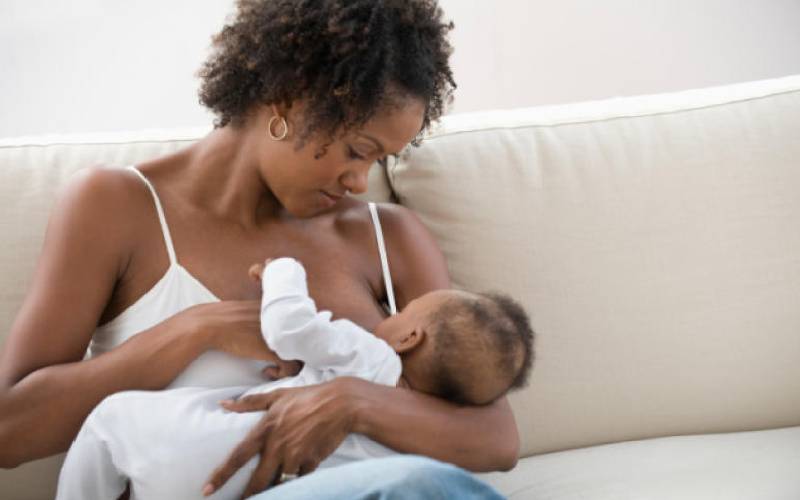
The Covid-19 pandemic is a challenging period for new mothers, who, apart from the anxiety of delivering a healthy baby, are ushered into another anxious time during breastfeeding where physical distancing is impossible.
A Unicef report, however, indicates that continuing to breastfeed is the best way to fight the virus and protect the baby.
This is because mothers who get the virus before giving birth and begin breastfeeding, and those who become infected while breastfeeding, will produce immune factors (antibodies) in their milk to protect their baby and enhance the baby’s own immune responses.
This week being the World Breastfeeding Week, whose theme is on “support breastfeeding for a healthier planet,” comes at a time when so much has been done in terms on sensitising the masses on Covid-19, but not enough on safe breastfeeding during the pandemic.
Growth and health
Breastfeeding is vital for the growth and health of the baby, breast milk being considered as the best source of nutrition and immunity for most infants.
Health experts recommend exclusive breastfeeding for the first six months after delivery, followed by complementary foods until the child is two years plus.
Faith (not her real name) is a first-time mother in her late twenties. She delivered her baby in May, after spending two months before delivery working from home after the first Covid-19 case was reported in the country.
For the past five months, she has been indoors - just stepping out while going to the clinic. Faith says she is afraid of going back to work after her maternity leave.
“I am scared that I might get the virus, then transmit it to my baby. I am going back to work in two weeks, I have been indoors for a while protecting myself and my baby, and I do not know what awaits me out there,” she says.
Faith plans to get tested due to her nature of work that exposes her to many people, in addition to having to use public transport to and from work.
“I will definitely be wearing a mask, washing my hands and using sanitisers.
When I come back home I will make sure I bathe before touching my baby,” she says.
The World Health Organisation (WHO), Director General Tedros Ghebreyesus in an interview advised that mothers should continue breastfeeding. “We know children are at relatively low risk of Covid-19, but are at high risk of numerous other diseases and conditions that breastfeeding prevents,” he says.
He adds, “Based on available evidence, WHO’s advice is that benefits of breastfeeding outweigh any potential risks of transmission of Covid-19.”
According to a senior advisor in WHO’s Department of Reproductive Health and Research, Anshu Banerjee, only “fragments” of the virus had been detected in breast milk, and not live virus, meaning that the risk of transmission from mother to child so far has not been established.
According to Dr Fredrick Kairithia, an obstetrician and gynaecologist, there is no evidence that the coronavirus can be transmitted through breast milk.
If a mother tests positive for Covid-19, the most important thing is to ensure that there is no mother to child transmission from the closeness.
“When a breastfeeding mother tests positive, and she is asymptomatic or with mild symptoms, she will be advised to wear mask, wash her hands or use an alcohol based sanitiser, then sit in a room with good circulation of air before breastfeeding her baby,” he says.
Dr Kairithia also says that mothers who are severely sick and are unable to breastfeed can have their babies on formula milk or milk from the milk bank.
In April 2019, Pumwani Maternity Hospital set up East Africa’s first and Africa’s second breast milk bank that would benefit premature babies; those born with low birth weight and those whose mothers are unable to breastfeed due to unavoidable circumstances.
 The Standard Group Plc is a multi-media organization with investments in media platforms spanning newspaper print
operations, television, radio broadcasting, digital and online services. The Standard Group is recognized as a
leading multi-media house in Kenya with a key influence in matters of national and international interest.
The Standard Group Plc is a multi-media organization with investments in media platforms spanning newspaper print
operations, television, radio broadcasting, digital and online services. The Standard Group is recognized as a
leading multi-media house in Kenya with a key influence in matters of national and international interest.

